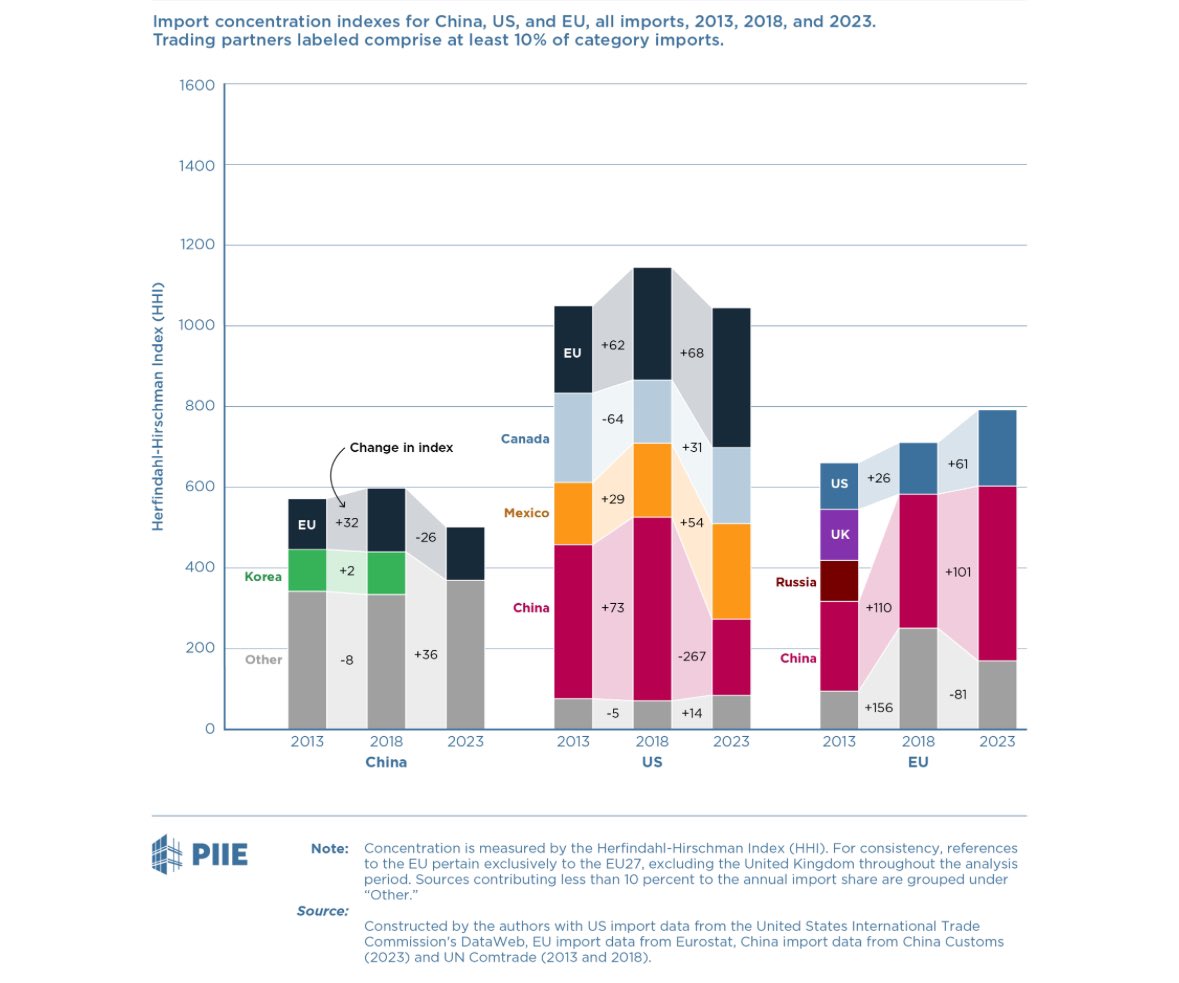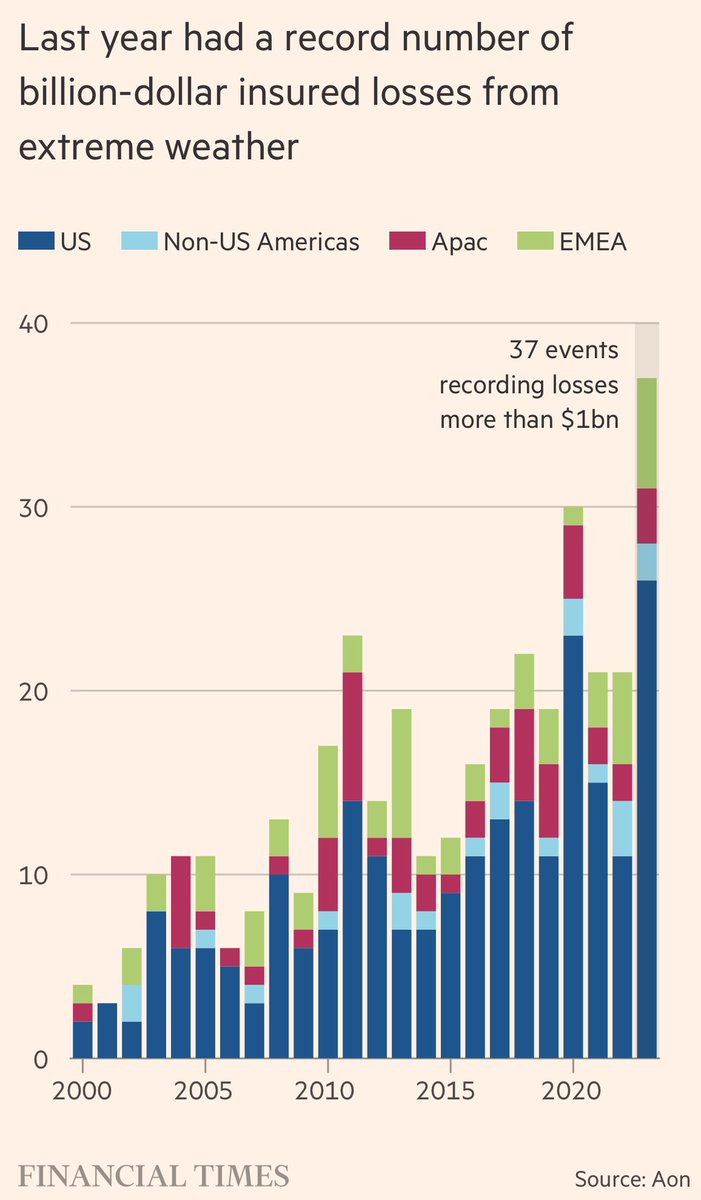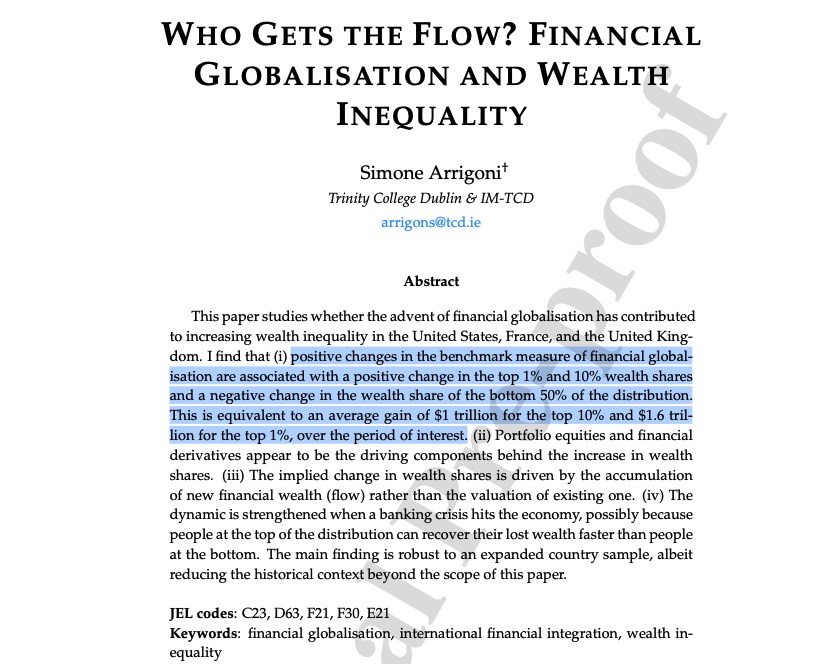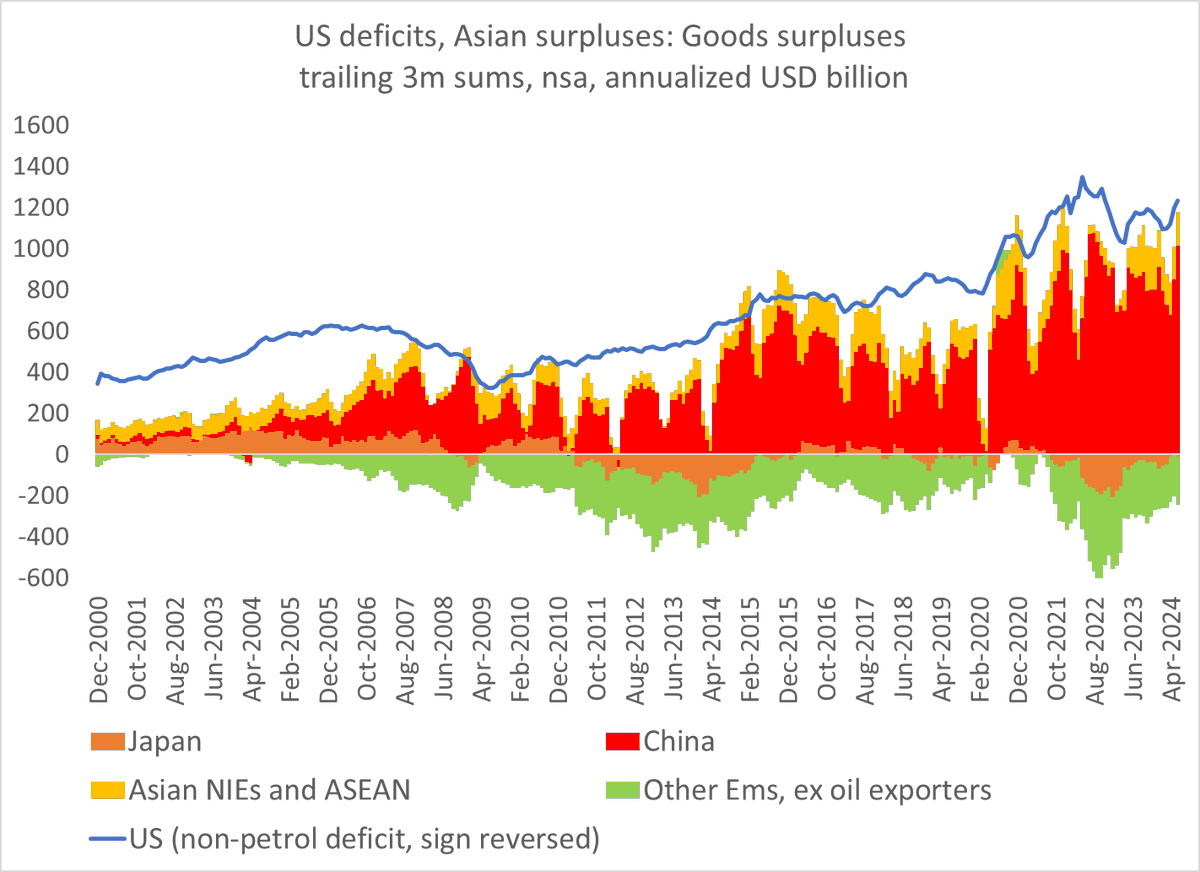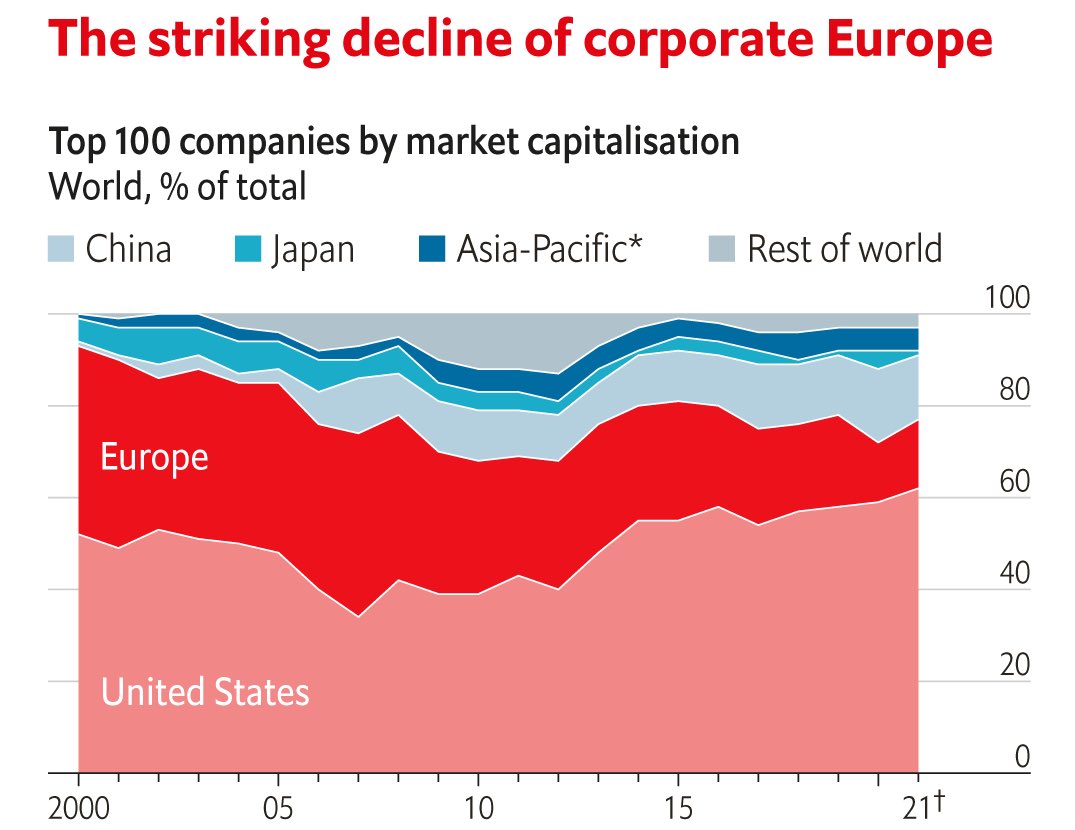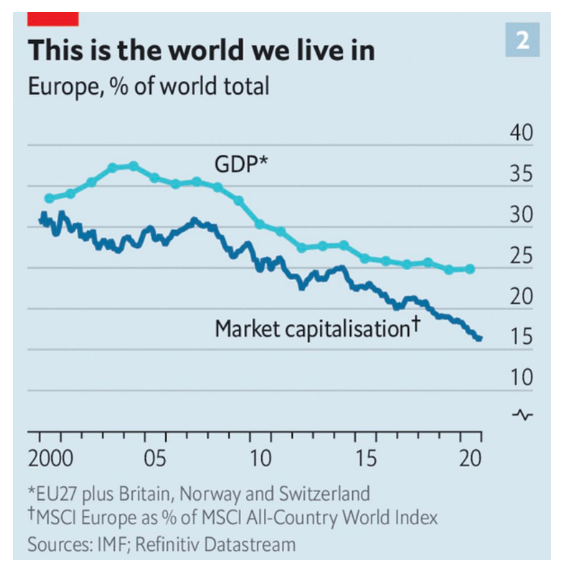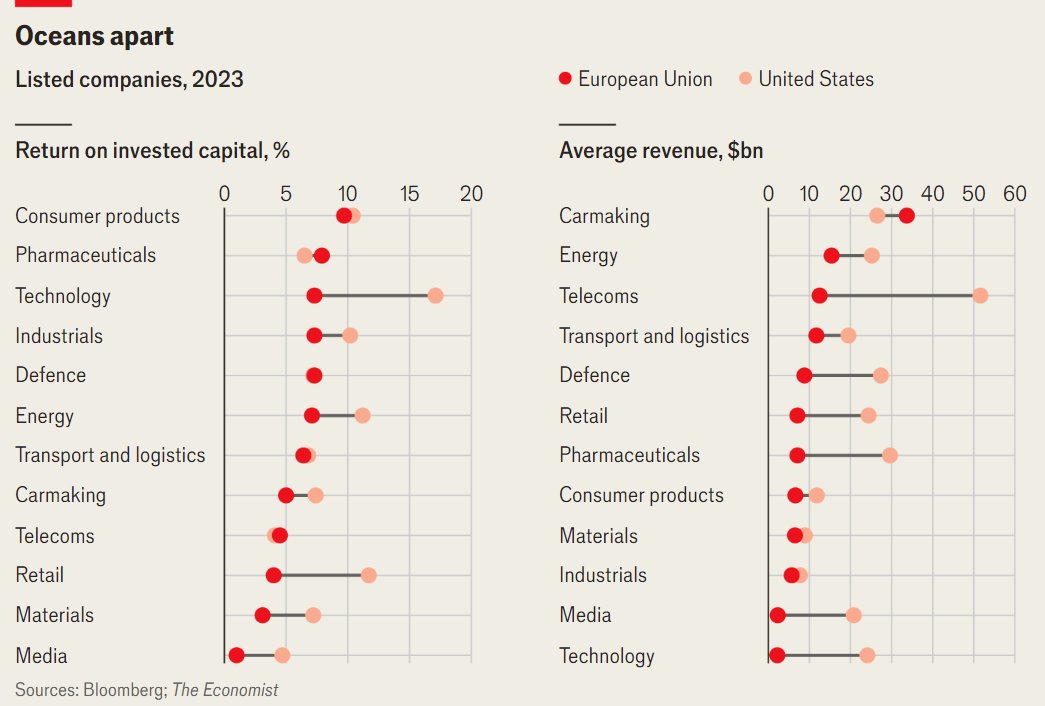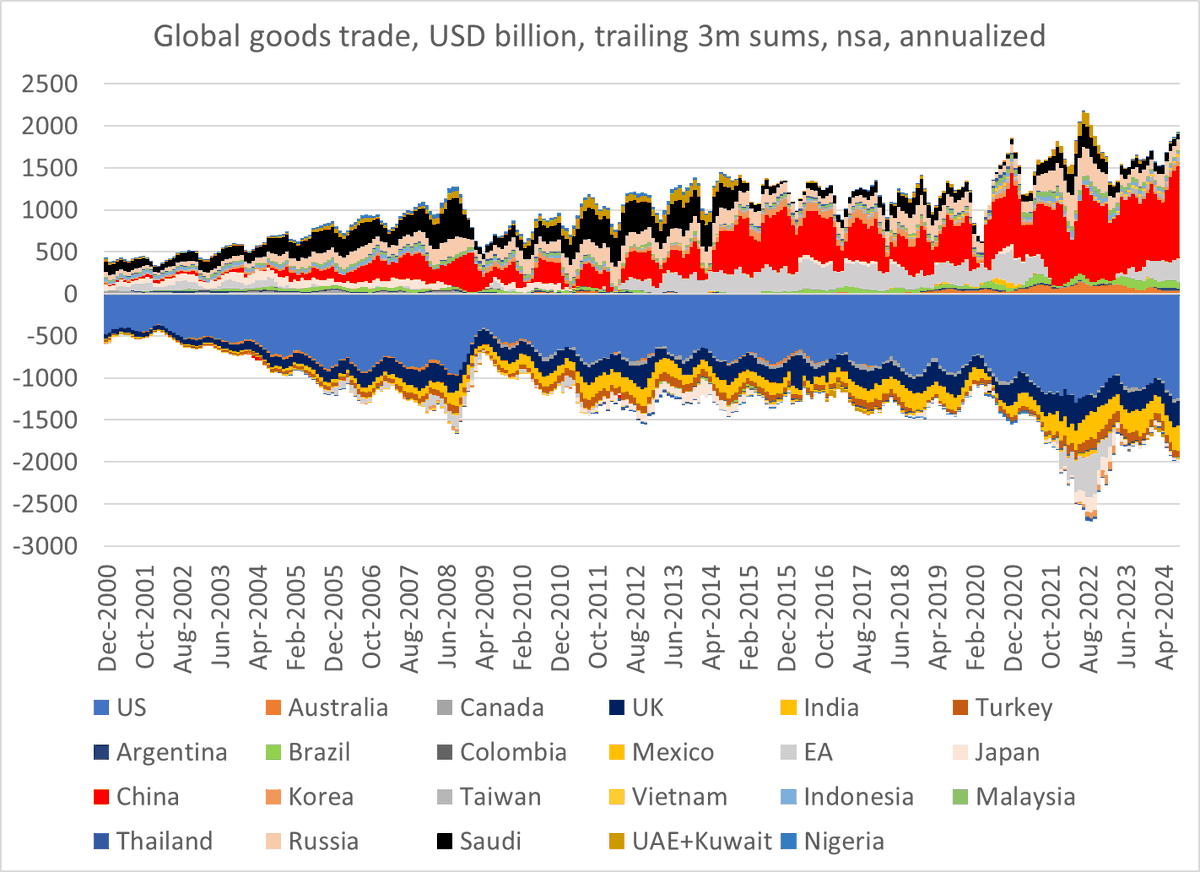
Marten van den Berg
@bergmarten
@minlnv Director-General Agriculture The Netherlands
ID: 2508397254
19-05-2014 20:48:07
10,10K Tweet
5,5K Followers
817 Following

Rather than hope for a stroke of luck, governments should be working to advance long-term growth by fostering productivity, entrepreneurship, and innovation, in a setting of closer international cooperation. Getting the Global Economy Out of the Slow Lane project-syndicate.org/commentary/glo…









A wake up call on supply chain dependence👇 ➡️ US & China diversified their sources ➡️EU concentrated its (on China) ✍️Mary Lovely 🇺🇦 etal Peterson Institute cc: Adam Posen @alanbeattie Simon J. Evenett Dmitry Grozoubinski Beata Javorcik Marion Jansen Simon Lester Soumaya Keynes Barry Eichengreen Ngozi Okonjo-Iweala
